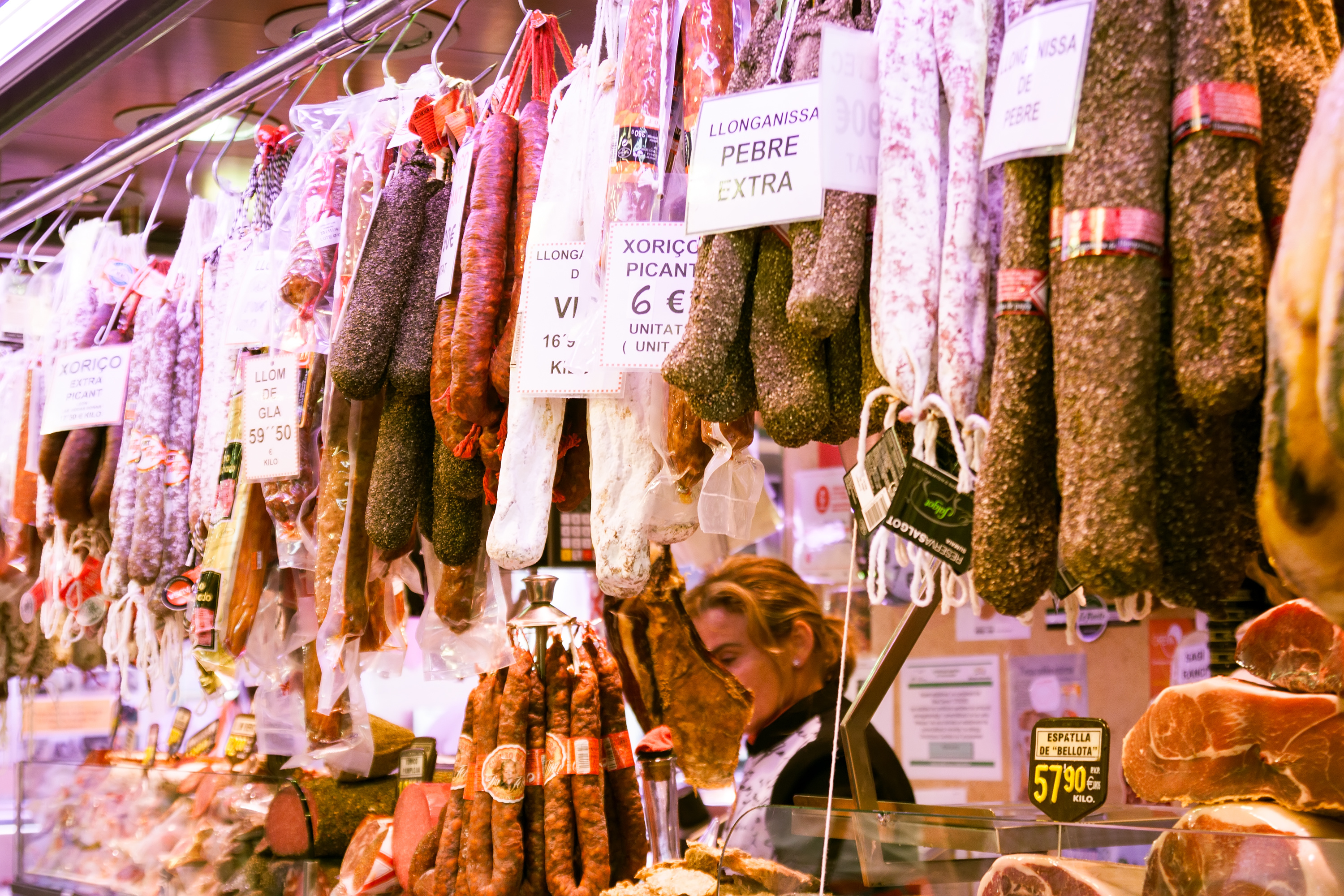



Australia's pork producers eye opportunities in the small goods market
With higher beef prices and dedicated pork promotional campaigns, demand for pork in Australia is increasing.But whilst this seems like a win for Australian pig producers, it may be an even bigger win for producers overseas. Why? Because Australians are consuming more processed pork than fresh, and most of these products are made using imported pork.
So, how can Australian producers tap into this market and fill the demand?
Over the last decade, Australian consumers have become more interested in the provenance of their food. Now more than ever, they want to see assurances on how their food is produced, and this includes assurances for animal welfare.

Consumers are also encouraged to check the percentage of ingredients that are grown in Australia, to ensure they are buying an authentic Australian product. However, when the vast majority of small goods are made using imported pork, the likelihood of a consumer finding Australian grown small goods is slim. Accessibility to higher welfare bacon and ham is even slimmer.
This means that being both Australian and having an independent assurance of welfare will be a valuable point of difference for brands.
For forward-looking Australian pig producers accessing this market, there are a few big challenges that need to be addressed.
- Producers need to grow pigs to heavier weights. Currently most producers don’t grow their pigs to the heavier "baconer" weight. This has animal welfare benefits as there is no need to castrate. However, if producers are going to grow heavier (i.e. older) animals, then strategies to reduce the risk of aggressive behaviour in pigs and boar taint in pork product will be important. Surgical castration results in significant pain and distress for piglets, meaning more humane alternatives must be used, such as immunocastration.
- Meat processors need to be set up to process larger animals, humanely. As a large percentage of the industry currently doesn’t process heavier finishers, abattoirs may currently not be designed to appropriately handle these animals humanely. This will need to be addressed.
- Legislation needs to catch up with the industry’s voluntary changes to improve pig welfare (e.g. the move towards group housing of pregnant sows). To ensure better welfare for pigs, it is important for legislation to recognise and be consistent with these voluntarily changes. Unlike Australia, some other countries are able to stop imports of products that don’t meet their own legislation; so until Australia legislates the changes Australian producers have already made, Australian producers will continue to be undercut by imports.
Gaining independent assurance is a little more straight forward for welfare-focused brands. The RSPCA Approved Farming Scheme has been working closely with producers, brands and retailers for more than 20 years to make higher welfare products readily available. With demand for animal welfare assurance on the rise, having RSPCA Approval is the best way you can show animal welfare matters to you too. Visit the RSPCA Approved Farming Scheme website to find out more about the Scheme and becoming RSPCA Approved.
For more information on this animal welfare topic and other science-based articles visit the RSPCA Knowledgebase.






